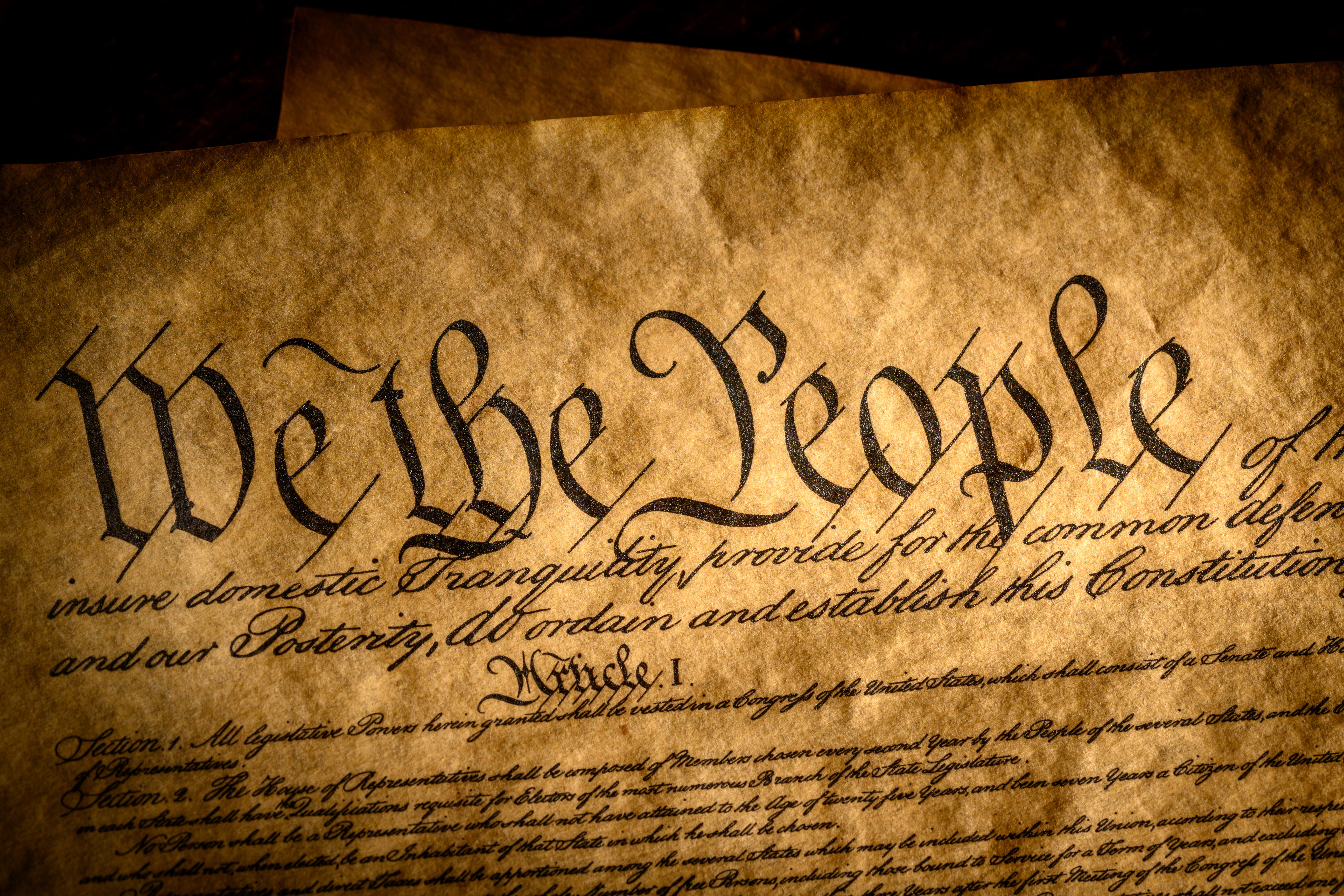Legislators vote to include religious schools in town tuitioning law, making law constitutionally compliant
The state Senate on Thursday voted to repeal two state laws that unconstitutionally exclude religious schools from participating in state education tuitioning programs. Both bills were previously approved by the House.
House Bill 282 repeals the state’s prohibition (in RSA 193:1) on religious schools participating in town tuition programs.
State law allows local governments to assign students to a non-public school when the resident district lacks a public school of the same grade span. A town that has no high school, for example, can pay a private high school to take the town’s students.
However, the law forbids religious schools from participating in these tuition programs. But the U.S. Supreme Court ruled in 2019 in Espinoza v. Montana Department of Revenue that such exclusions are unconstitutional because they deprive religious institutions of equal treatment solely by virtue of their religious status.
A state may not exclude religious schools from a public benefit simply because they are religious schools.
“A State need not subsidize private education. But once a State decides to do so, it cannot disqualify some private schools solely because they are religious,” the court held.
Quoting a similar previous case, Trinity Lutheran v. Comer, the court pointed out that the “Free Exercise Clause, which applies to the States under the Fourteenth Amendment, ‘protects religious observers against unequal treatment’ and against ‘laws that impose special disabilities on the basis of religious status.’”
Another state law allows school districts to send students to public schools and public academies if those students are determined to have suffered a “manifest educational hardship” at their assigned school. It also excludes “sectarian” schools.
Senators on Thursday passed House Bill 388, which would allow districts to send students in these circumstances to private as well as public schools. The bill also strikes the word “sectarian” from the statute, thus incorporating religious schools into the program.
Critics have said that these bills violate the First Amendment’s required separation of church and state and amount to a giveaway to religious schools. The truth is precisely the opposite.
The state is forbidden by the U.S. Constitution from denying religious institutions from participating in an otherwise neutral program, including town tuition contracting, solely because those institutions are religious. The existing laws, not the bills, are in violation of the Constitution.
The effect of House Bills 282 and 388 is to ensure that these laws governing school tuition contracts are constitutional.



